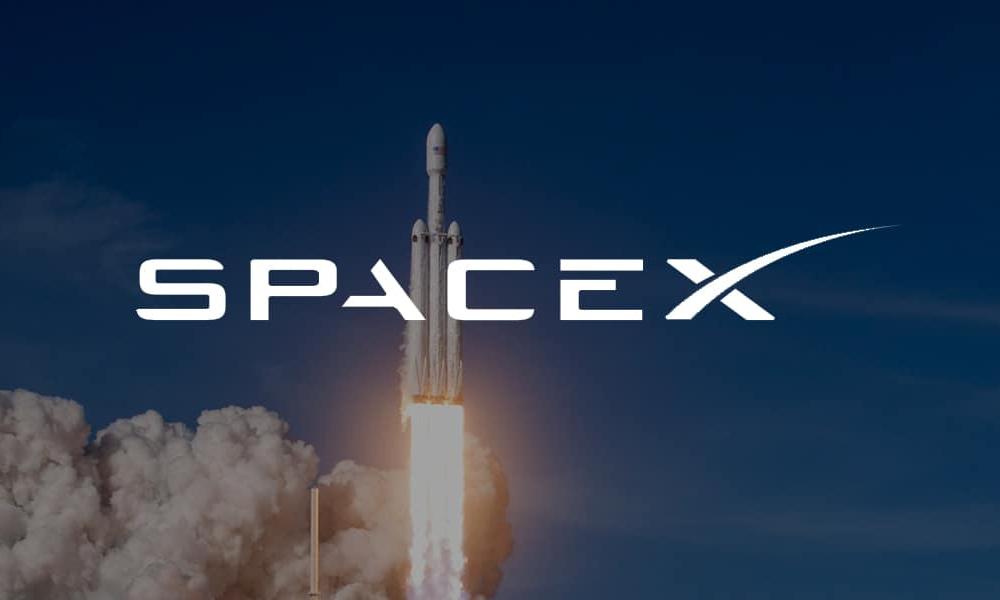
SpaceX confirms 20 malfunctioned satellites to crash Earth's atmosphere
text_fieldsSpaceX has announced that 20 satellites launched from the Falcon 9 rocket in California on Thursday are expected to crash back to Earth due to a malfunction.
The issue arose from a liquid oxygen leak in the rocket's second stage.
In a statement on its official website, SpaceX detailed the situation: “Falcon 9's second stage performed its first burn nominally, however, a liquid oxygen leak developed on the second stage. After a planned relight of the upper stage engine to raise perigee – the lowest point of orbit – the Merlin Vacuum engine experienced an anomaly and was unable to complete its second burn.”
SpaceX shared updates on the situation via a series of posts on X (formerly Twitter). Initially, the team made contact with five satellites and attempted to have them raise orbit using their ion thrusters. Later, they established contact with 10 satellites but faced challenges due to the high-drag environment at an altitude of 135 km above Earth.
The company explained the complications: “Each pass through perigee removes 5+ km of altitude from the highest point in the satellite orbit. At this level of drag, our maximum available thrust is unlikely to be enough to successfully raise the satellites.”
Despite the setback, SpaceX assured that the re-entry of these satellites poses no threat to other satellites or public safety.
Elon Musk, SpaceX CEO, commented on the issue, stating, “We're updating satellite software to run the ion thrusters at their equivalent of warp 9. Unlike a Star Trek episode, this will probably not work, but it's worth a shot. The satellite thrusters need to raise orbit faster than atmospheric drag pulls them down or they burn up.”
As efforts continue to resolve the situation, SpaceX remains focused on mitigating any potential risks associated with the malfunction.























